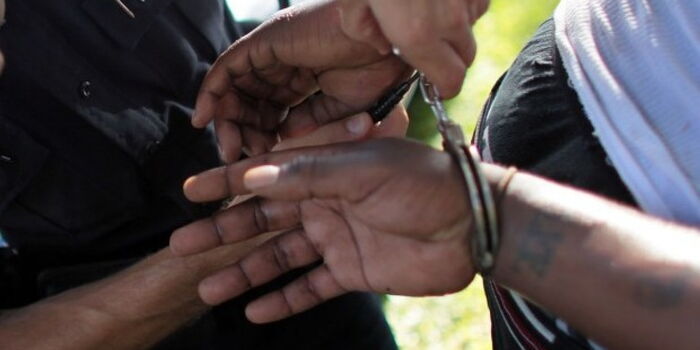Police in Kisii have arrested three individuals who were illegally practising law and providing services to the public in the county.
According to Kisii LSK Council member Davins Biyaki, the suspects were apprehended on Tuesday, October 28, during an operation conducted by LSK officials in collaboration with the police.
LSK said during the raid, court-related documents and an advocate's stamps were found with the individuals alleged to be operating illegally.
“This morning, we were called from the Kisii County Public Service Board. There have been complaints since the board advertised various positions that are supposed to be filled by the Kisii County government that there have been individuals masquerading and misleading members of the public that they were advocates,” Biyaki said.
According to the LSK official, some of the suspects were operating from cyber cafes near the county offices, offering clearance certificates for Kenyans seeking jobs at the county.
He added that the three were carrying out duties such as certifying and stamping documents and commissioning Ethics and Anti-Corruption Commission (EACC) documents.
“They are certifying and stamping documents. They are certifying documents and commissioning EACC documents without being advocates,” he added.
LSK said that after the advocates whose stamps were used during the fraud were called, they denied being involved in such activities, claiming that they did not know the suspects.
One of the victims said the scammers tried to lure him into paying Ksh300 with the promise of submitting documents directly to the board, but he did not fall into the trap.
This is part of an ongoing crackdown on law firms and individuals operating illegally in the country, during which several arrests have been made in different regions.
In a recent incident, a woman was arrested on July 10 in Machakos County by an LSK official and police after being found operating a law firm without the LSK credentials.
She was arrested at her law firm in the area, carrying out law duties such as swearing affidavits, preparing court documents, and collecting money using her personal mobile money account. By






